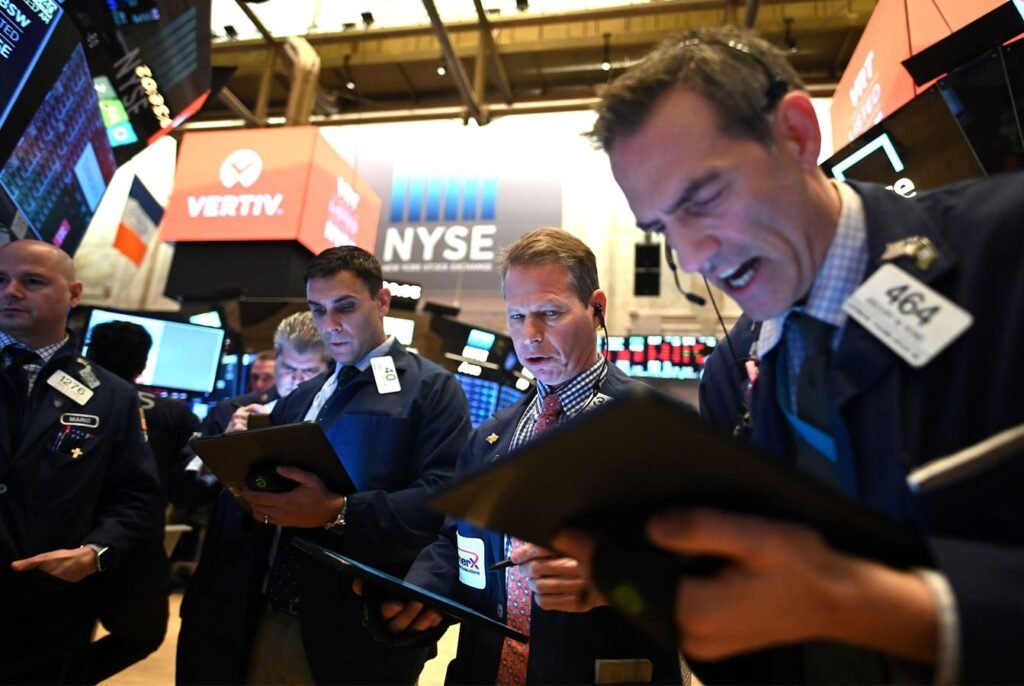Equity markets are facing pressure due to concerns about a looming recession, potential tax increases, and uncertainty over the outcome of the 2024 U.S. presidential election. Economic data has shown worrying signs, with the ISM Manufacturing Index and the unemployment rate pointing towards a possible slowdown or recession. The Sahm Rule, which predicts a recession based on the rise in the unemployment rate, has also raised concerns among market analysts.
Despite these recession fears, there are signs of strong economic data as well. The Job Openings and Labor Turnover Survey (JOLTS) data showed a record number of job openings in June 2024, while the U.S. labor force hit an all-time high. Additionally, GDP growth outlook remains positive, with the Atlanta Fed’s GDPNow projecting growth at +2.5% for Q3 2024. These mixed signals have made Fed Chair Jerome Powell emphasize the importance of data dependence in making future policy decisions.
Political uncertainty surrounding the upcoming U.S. presidential election has further fueled market concerns. PredictIt.org data shows fluctuating odds of various candidates winning, with the risk of a close and contentious election leading to market volatility. The potential for a Democratic victory has also raised fears of higher corporate and capital gains tax rates, which could further impact equity valuations negatively.
Looking ahead, economic releases in the coming week will be crucial for shaping policy expectations and market movements. The July CPI inflation report and the PPI are expected to show easing year-on-year inflationary pressures, potentially leading to a decrease in the dollar and bond yields. Continued soft inflation could provide some relief to equity markets, especially if growth data remains stable. However, significant declines in retail sales and industrial production could signal a potential hard landing for the U.S. economy, leading to further market volatility.
Overall, the combination of economic uncertainty, political risks, and the specter of higher taxes has created a challenging environment for equity markets. Investors will be closely watching upcoming economic data releases and the developments in the U.S. presidential election to gauge the future direction of the markets. As the potential for a close election and economic challenges loom, market participants are bracing for continued volatility in the weeks ahead.

